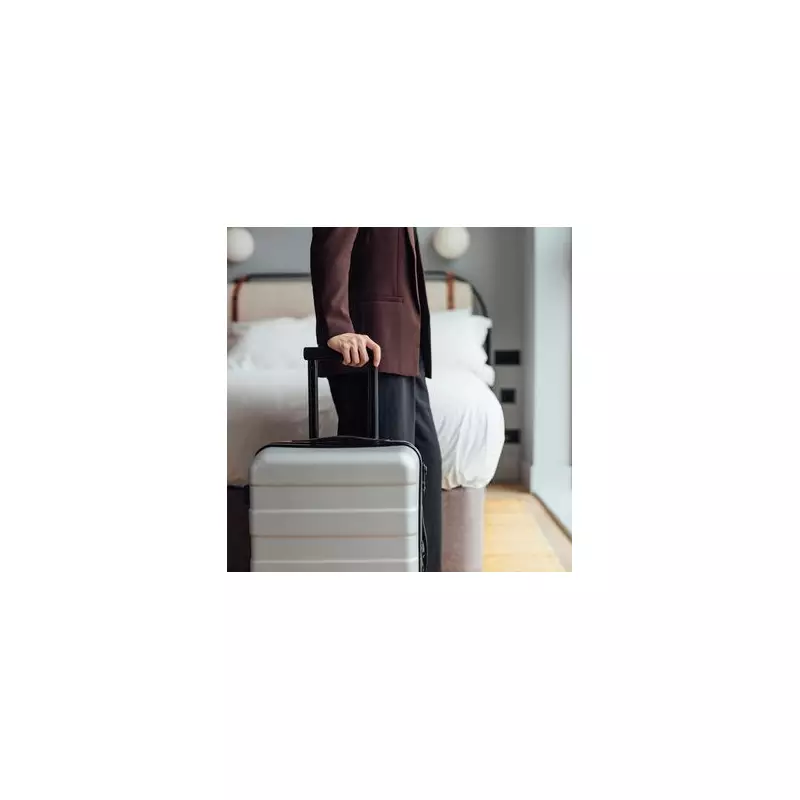
British holidaymakers could soon face additional costs when taking domestic breaks as the government proposes giving mayors new powers to implement tourism taxes across England.
What the new visitor levy means for travellers
The Ministry of Housing, Communities and Local Government has unveiled plans that would allow local leaders to charge overnight visitors staying in hotels, holiday lets, B&Bs and guesthouses. This move is designed to help mayors raise funds for local priorities such as transport infrastructure and visitor economy improvements.
Minister Steve Reed defended the proposal, stating: "Tourists travel from near and far to visit England's brilliant cities and regions. We're giving our mayors powers to harness this and put more money into local priorities."
The government emphasises that English mayors would gain similar powers to those already enjoyed by counterparts in international cities including New York, Paris and Milan, where overnight visitor charges are commonplace.
Industry backlash and concerns
Tourism industry leaders have responded with strong criticism to the announcement, warning that additional charges could deter visitors during an already challenging period for the hospitality sector.
Ben Spier, head of policy and regulation at Sykes Holiday Cottages, described the proposal as "a further blow for our country's hospitality and staycation industry" which has already faced multiple tax rises and regulatory changes in recent years.
Spier highlighted that the levy wouldn't just affect families managing rising household costs but could also discourage people from choosing UK holidays, potentially damaging local economies that depend heavily on visitor spending.
The tourism expert pointed out that UK hospitality businesses already face some of Europe's highest tax burdens, including steep business rates, corporation tax and elevated VAT levels in the sector.
Exemptions and implementation details
The proposed visitor levy would apply to the 130 million overnight visits that England receives each year, but certain accommodations would be exempt.
Emergency accommodation, homeless shelters and registered Gypsy and Traveller sites used as primary residences would not be subject to the charge. Mayors would also have discretion to exempt other accommodation types if they choose.
Money raised through the scheme would fund local projects aimed at improving communities and enhancing tourist experiences, potentially helping to attract more visitors without requiring approval from central government.
The government's statement noted that research shows reasonable fees have minimal impact on visitor numbers, though industry representatives strongly dispute this claim.
Mixed reactions from local leaders
While tourism industry figures expressed concern, several mayors welcomed the additional powers. Mayor of London Sadiq Khan claimed the extra funding would "directly support London's economy" and strengthen its position as a global tourism destination.
Helen Godwin, Mayor of the West of England, described the powers as "a real vote of confidence in our region" and noted that residents are accustomed to paying similar charges when travelling abroad.
The government has initiated a 12-week consultation period allowing businesses, communities and other interested parties to provide feedback on how the measures would work in practice. The consultation is available on GOV.UK and will close on February 18, 2026.





